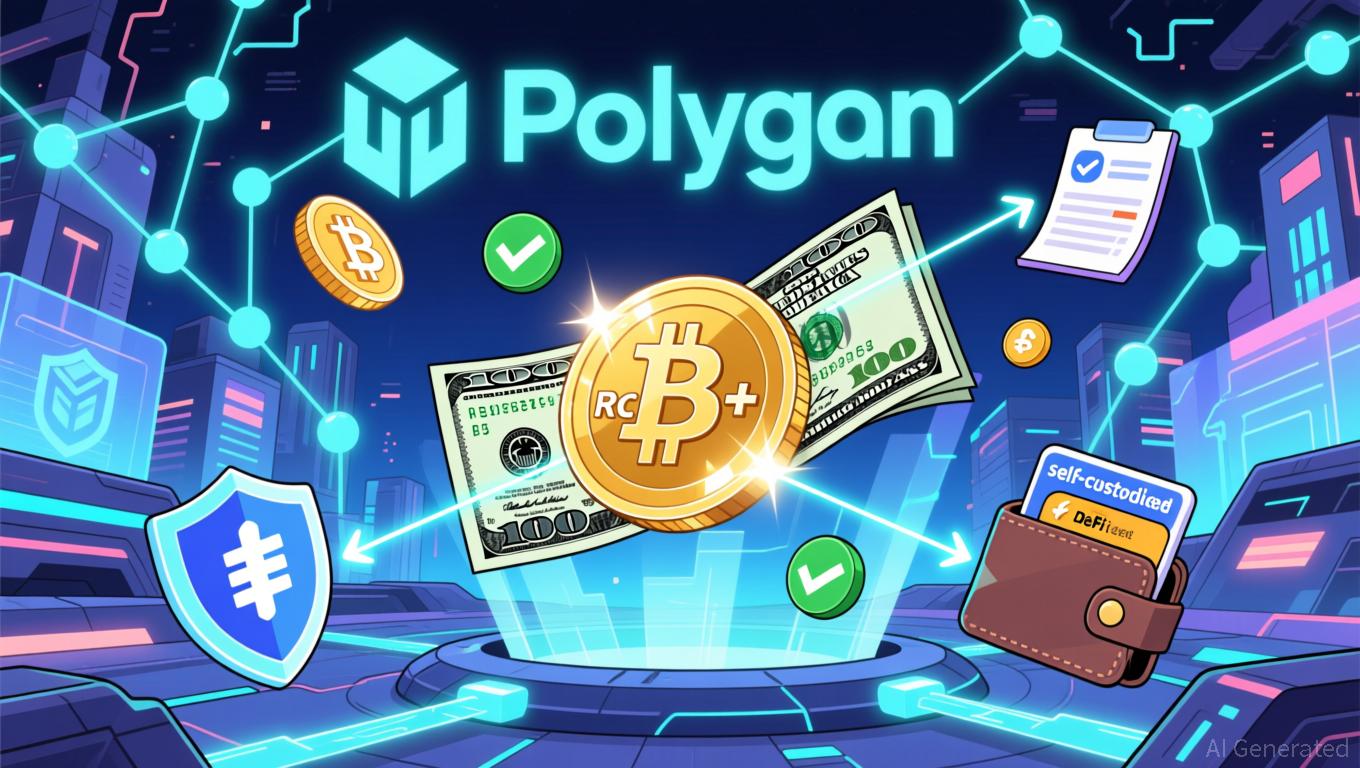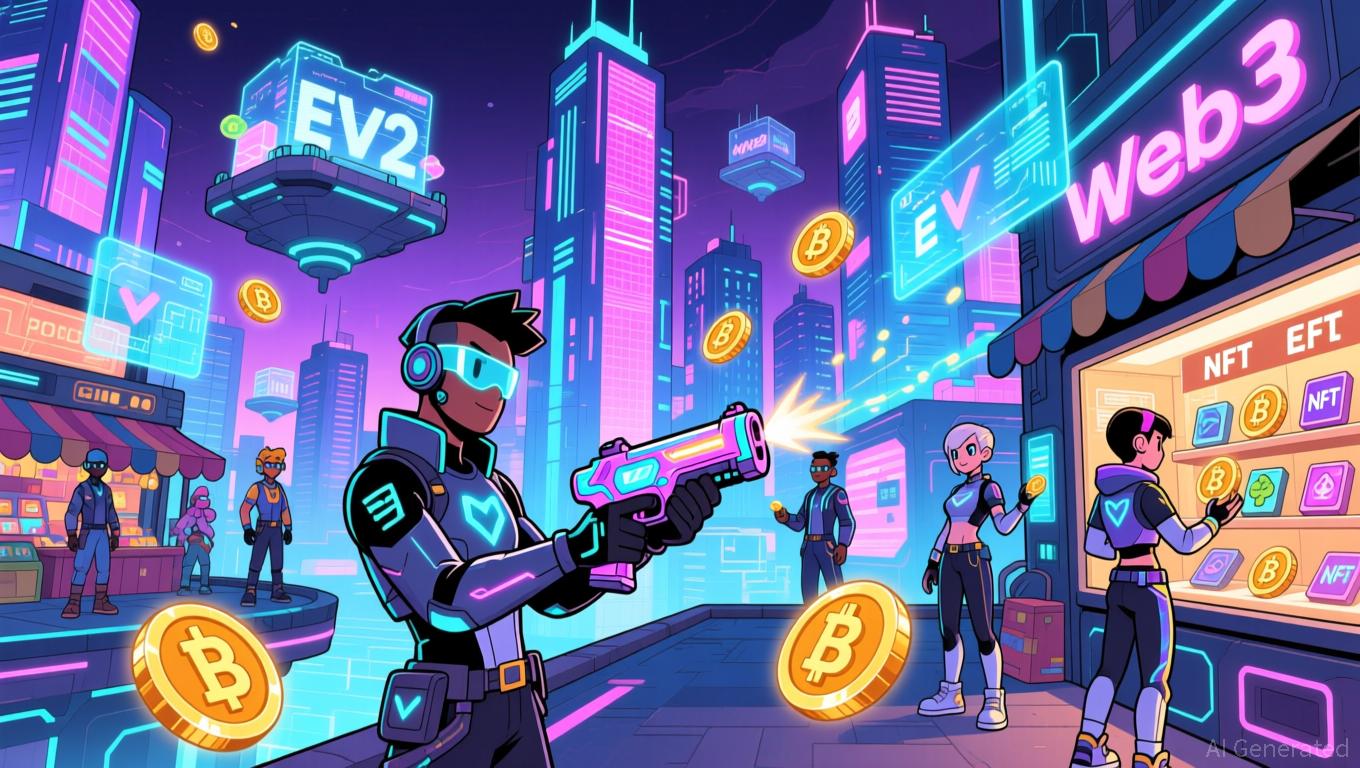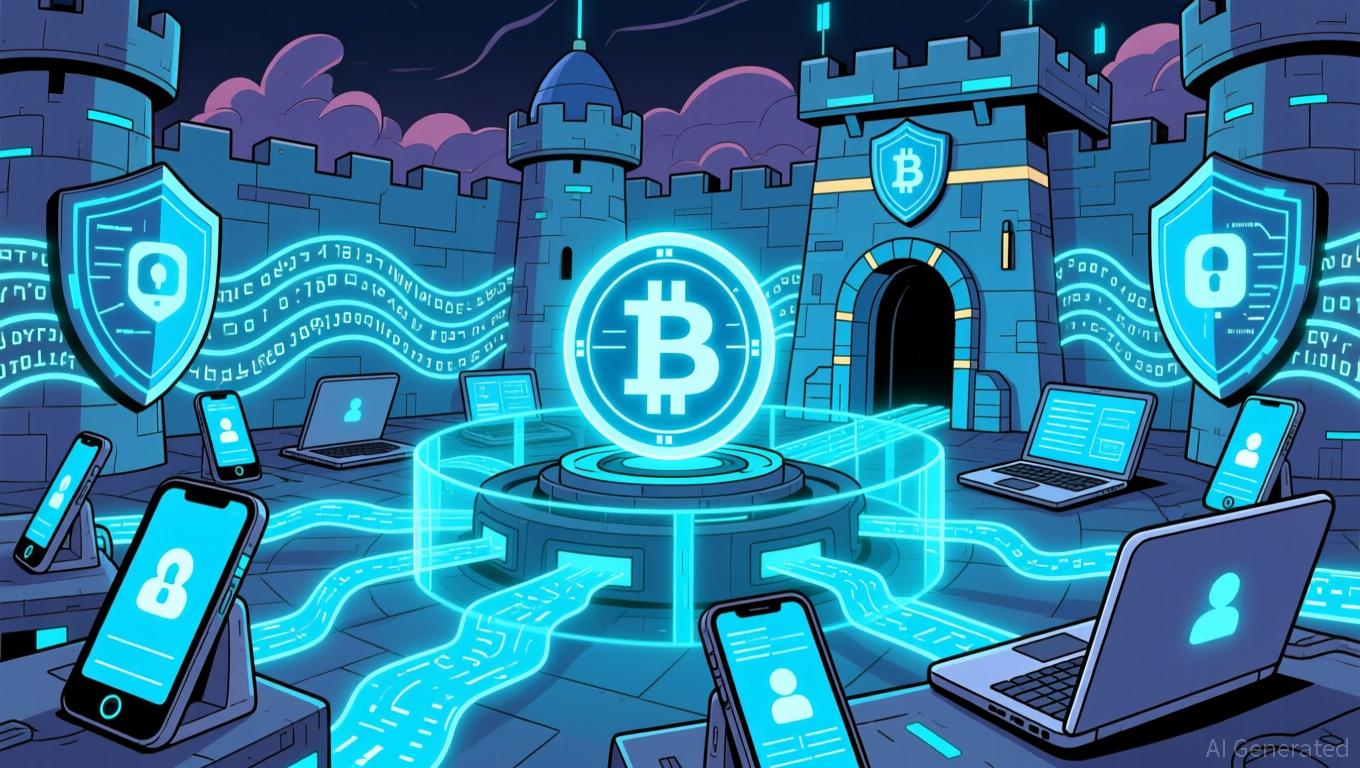Latin American Citizens Turn to Stablecoins Amid Banking Infrastructure Gaps
Latin American citizens are using stablecoins to replace inadequate banking infrastructure. According to Cointelegraph, residents in Argentina, Venezuela, Bolivia and Mexico use digital dollar-backed assets for daily payments and savings. Patricio Mesri, co-CEO of Bybit's Latin American division, confirmed the trend at the European Blockchain Convention 2025 in Barcelona. The shift addresses long-standing problems with high remittance fees through SWIFT and limited access to credit.
Countries experiencing high inflation drive demand for dollar-backed stablecoins. Argentina's annual inflation rate surpassed 100 percent in recent years. Local crypto exchange Bitso reported stablecoin transactions accounted for 39 percent of total purchases in 2024. USDC and USDT became the most sought-after digital assets on the platform. Common use cases include sending money across borders and obtaining loans for major purchases like cars or homes.
Lower Transaction Costs Drive Stablecoin Remittance Growth
Remittance costs represent a major financial burden for Latin American families. Traditional banking channels charge between 6 and 7 percent for international transfers. We reported that blockchain-based payment channels can reduce these costs to below 1 percent, directly benefiting over 800 million people who depend on remittances worldwide.
Chainalysis data shows stablecoin purchases make up over half of all exchange purchases in Colombia, Argentina and Brazil between July 2024 and June 2025. Brazil dominates regional crypto activity with 318.8 billion dollars in value received. This accounts for nearly one-third of all Latin American crypto transactions. Stablecoins serve as both a hedge against currency volatility and a practical tool for everyday commerce.
Latin American institutions show strong readiness for stablecoin integration. Fireblocks reports 71 percent of regional firms confirm their infrastructure is ready for deployment. Only 7 percent cite lack of internal expertise as a barrier. This represents the lowest percentage among all global regions surveyed. Payment service providers and gaming sectors showed the strongest growth rates in stablecoin usage during the first half of 2025.
Tokenization Could Address Regional Capital Market Inefficiencies
The lack of banking access creates systemic problems for Latin American capital markets. High startup costs and technological barriers slow investment flows into the region. Bitfinex Securities suggests tokenized real-world assets could improve these liquidity issues. Tokenized products reduce issuance costs for capital raises by up to 4 percent. They also cut listing times by up to 90 days compared to traditional methods.
Paolo Ardoino, CEO of Tether and CTO of Bitfinex Securities, stated that tokenization actively removes barriers. Businesses and individuals in emerging economies have struggled for decades to access capital through legacy markets. RWAs can unlock capital more efficiently than traditional financial products. Latin America ranked as the seventh-largest crypto economy in 2023 according to Chainalysis data.
The region's trajectory suggests sustained momentum for stablecoin adoption. Institutional participation increased alongside retail demand throughout 2025. Brazil leads regulatory development with comprehensive crypto frameworks. Other nations face unique challenges balancing innovation with consumer protection. The key question is whether other Latin American countries will follow Brazil's regulatory approach or develop alternative frameworks suited to their specific economic conditions.
Disclaimer: The content of this article solely reflects the author's opinion and does not represent the platform in any capacity. This article is not intended to serve as a reference for making investment decisions.
You may also like
R25's rcUSD+ Seeks to Connect DeFi and TradFi, Addressing the $55 Trillion Yield Disparity
- R25 launches rcUSD+, a yield-bearing stablecoin on Polygon, bridging DeFi and traditional finance with 1:1 USD peg and low-risk asset returns. - The token differentiates itself by generating income from institutional-grade assets like money market funds, offering DeFi users transparent yield opportunities. - Market growth sees $36B in tokenized RWAs and $300B in stablecoins, but rcUSD+ faces scrutiny over missing audit details and verification gaps. - Competing with USDY and Centrifuge, R25's Ant Financi

Dogecoin News Today: Dogecoin Faces Key Support Challenge While EV2 Presale Attracts Growing Investor Confidence
- Dogecoin (DOGE) tests critical $0.115–$0.125 support, with a breakdown risking a $0.08–$0.09 decline amid weakening technical indicators. - EV2’s $0.01 presale has raised $400K+ for a Web3 shooter game, attracting investors seeking utility-driven crypto projects. - Grayscale’s DOGE ETF launch and institutional interest contrast with bearish market sentiment and regulatory uncertainties. - CleanCore’s 78% stock drop highlights risks of Dogecoin treasury bets as holdings erode below $0.238 average purchase

Ethereum Updates Today: AI Trends and Meme Craze Drive Crypto's Dramatic Rally Despite Bubble Concerns
- Datavault AI (DVLT) announced a meme coin airdrop for shareholders, boosting shares 4.91% pre-market. - Mutuum Finance (MUTM) raised $18.8M in presale, with 800M tokens sold and potential 500% returns for early buyers. - BitMine Immersion (BMNR) holds 3.6M ETH, citing Ethereum tokenization and regulatory progress as growth drivers. - Digi Power X (DGXX) raised price target to $5, planning 55MW HPC deployment and AI infrastructure shift. - J.P. Morgan warned of AI-driven market bubbles, while Sampo's buyb
Ethereum News Update: Buterin: Ethereum's Privacy Features Require Improved User Experience
- Vitalik Buterin introduces Kohaku, a privacy framework for Ethereum to enhance onchain security and user anonymity. - Launched at the Ethereum Cypherpunk Congress, Kohaku aims to integrate mixnets and ZK browsers while addressing usability gaps in privacy tools. - Buterin highlights the "last mile" challenge: advanced cryptography exists, but user experience remains fragmented with separate seed phrases and limited multi-sig options. - The Ethereum Foundation reinforces privacy as a core right, rebrandin
